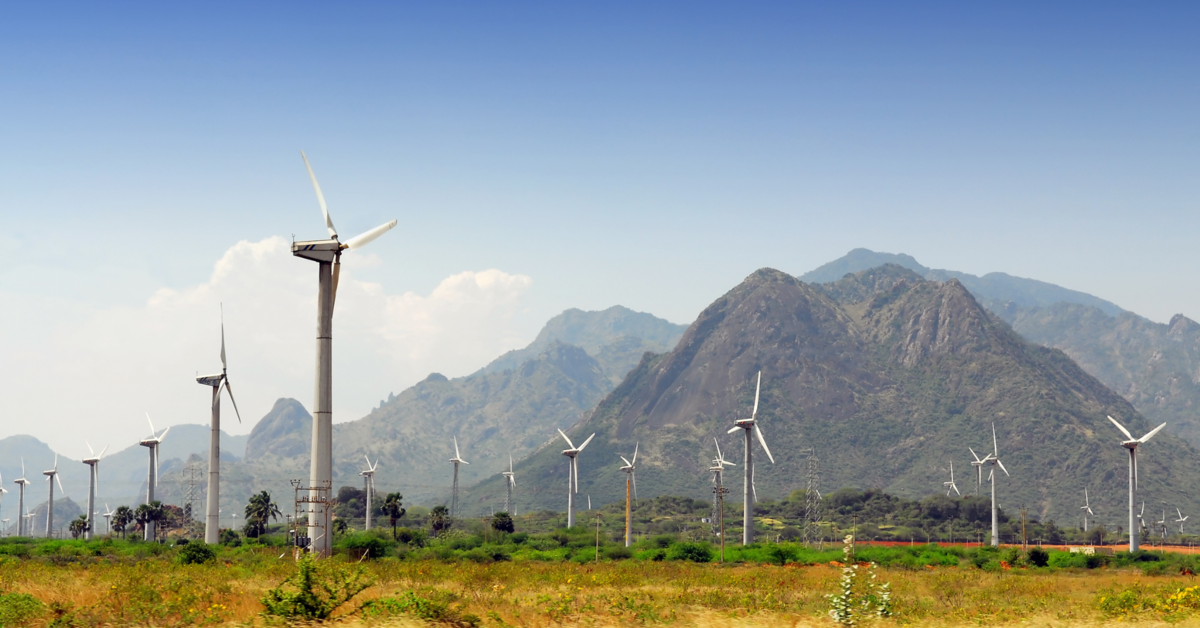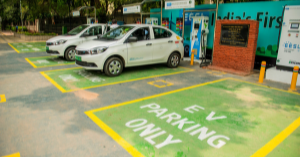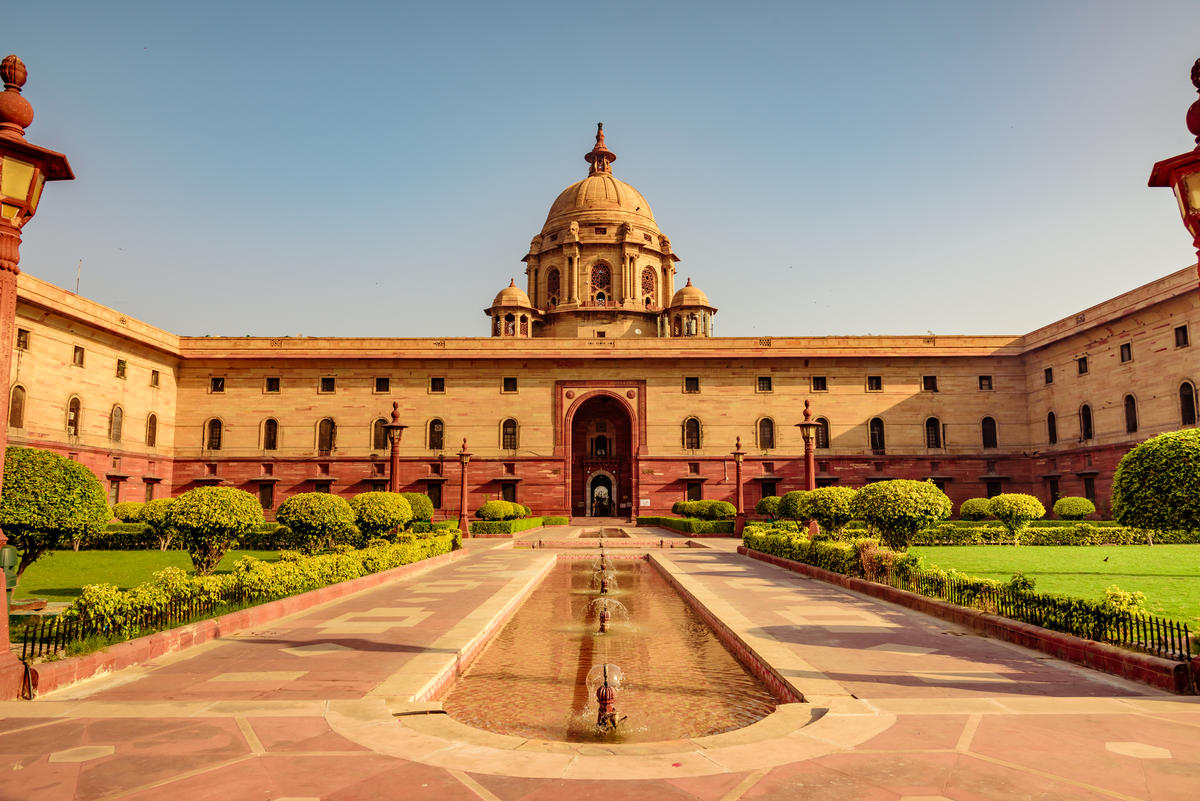G20 India Summit 2023 Highlights
On September 10, the two-day Group of 20 Summit (G20)—the premium forum for international economic cooperation among the top 20 global economies—concluded in New Delhi with the adoption of the Leaders’ Declaration. Consensus on the joint declaration is a major success for New Delhi since it was achieved despite divergent opinions among member countries on the Russia-Ukraine conflict and climate-related issues.
The summit witnessed the announcement of an economic corridor linking countries across the Middle East, South Asia, and Europe. The corridor would link shipping ports, rail networks and road transport routes. The mega infrastructure project is supported by the US and the World Bank.
Another major highlight of the Summit was the launch of the Global Biofuels Alliance initiative by India, with the US and Brazil as its founding members. The initiative is a major step to expand cooperation among G20 countries on sustainability and clean energy.
In a historic step, members at the summit agreed to admit the African Union (AU) to join the G20 as a permanent member. AU is the second regional organization after the European Union to receive full membership.
Leaders’ Declaration
With members of the G20 reaching a consensus on the joint statement, the G20 Chair, Prime Minister Narendra Modi, announced the adoption of the New Delhi Leaders’ Declaration. The Delhi declaration lays emphasis on sustainable and inclusive growth, accelerating progress on the Sustainable Development Goals (SDGs), green development pact for a sustainable future, multilateral institutions for the 21st century, and reinvigorating multilateralism.
Highlights
Climate & Sustainable Finance
- Scale up climate investments as developing countries need USD 5.8–5.9 trillion pre-2030 to meet their Nationally Determined Contributions (NDCs).
- USD 4 trillion per year is needed globally for clean energy technologies by 2030.
- Developed country contributors expect to meet the goal to mobilize USD 100 billion toward climate finance for the first time in 2023.
- Work toward facilitating low-cost financing for developing countries to support their transition to low carbon emissions
- Support for COP28, calibrated efforts on operationalization of the new climate funding arrangements, including a fund at the year-end conference.
Accelerating Sustainable Development
- Accelerate the full and effective implementation of the 2030 Agenda for Sustainable Development, scale up SDG financing from all sources.
- Commitment toward the mobilization of affordable, adequate, and accessible financing to support developing countries for implementation of the 2030 Agenda.
- Agreement to improve access to medical countermeasures and facilitate more supplies and production capacities in developing countries to prepare better for future pandemics.
Addressing Food Insecurity
- Call on Russia and Ukraine to ensure immediate and unimpeded deliveries of grain, foodstuffs, and fertilizers/inputs from the two countries.
- Encourage efforts to strengthen research cooperation on climate-resilient and nutritious grains such as millet.
- Support efforts to increase access to, availability, and efficient use of fertilizer and agricultural inputs.
- Commit to accelerating innovations and investment focused on increasing agricultural productivity, reducing food loss, and improving marketing and storage.
- Commit to strengthening the Agricultural Market Information System (AMIS) and the Group on Earth Observations Global Agricultural Monitoring (GEOGLAM).
- Commit to promoting responsible, sustainable, and inclusive use of digital technology by farmers and an ecosystem of Agri-Tech start-ups.
Addressing Energy Insecurity
- Build a sustainable and equitable global hydrogen ecosystem, establish a Green Hydrogen Innovation Center steered by the International Solar Alliance (ISA).
- Accelerate efforts toward a “phasedown” of coal “in line with national circumstances” and triple renewable energy sources by 2030.
- Recognize the importance of sustainable biofuels in our zero and low-emission development strategies and note the setting up of a Global Biofuels Alliance.
- Commit to phase-out and rationalize, over the medium term, inefficient fossil fuel subsidies and provide targeted support for most vulnerable
Financial Inclusion
- Improve access to digital services and digital public infrastructure and leverage digital transformation opportunities to boost sustainable and inclusive growth.
- Support the Framework for Systems of Digital Public Infrastructure for better deployment and governance.
Strengthening Global Health Mechanism
- Focus on improving health services and systems to better than pre-pandemic levels, ideally within the next 2–3 years.
- Promote the One Health-based approach driven by the One Health Joint Plan of Action (2022–2026).
- Support for establishment of WHO-managed Global Initiative on Digital Health (GIDH), promoting AI solutions in the digital economy.
- Support for the work of the WHO-led Alliance for Transformative Action on Climate and Health (ATACH).
- Implement and prioritize tackling Antimicrobial Resistance (AMR).
Focus On Global Economic Recovery
- Create inclusive, sustainable, and resilient global value chains, and support developing countries with private sector partnership.
- Support Financial Inclusion Action Plan for individuals and MSMEs in vulnerable groups in the G20 countries and beyond.
- Commit to conducting discussions for a functional dispute settlement system accessible to all members by 2024.
- Work toward a Generic Framework for Mapping Global Value Chains, Digitalization of Trade Documents.
Reforming Multilateral Institutions
- Pursue reforms for better, bigger, and more effective Multilateral Development Banks (MDBs) to address global challenges.
- MDBs leverage private capital through innovative financing models and new partnerships to maximize development impact.
- Exchange of tax-relevant information on crypto assets by 2027.
Major Initiatives Announced by the G20
India-Middle East-Europe Economic Corridor
Prime Minister Narendra Modi and US President Joe Biden co-chaired a special event on Partnership for Global Infrastructure and Investment (PGII) and India-Middle East-Europe Economic Corridor (IMEC) on the sidelines of the G20 Summit. Leaders of the European Union, France, Germany, Italy, Mauritius, the UAE and Saudi Arabia, and the World Bank participated in the event. The event aimed at unlocking greater investment for infrastructure development and strengthening connectivity in its various dimensions between India, Middle East, and Europe.
During the meeting, Prime Minister Narendra Modi announced plans to build a mega-rail and shipping economic corridor linking India with the Middle East and Europe. The project comprises an Eastern Corridor connecting India to the Gulf region and a Northern Corridor connecting the Gulf region to Europe. It will include a railway and ship-rail transit network and road transport routes. A Memorandum of Understanding (MoU) on IMEC was signed by India, the US, Saudi Arabia, the UAE, the EU, Italy, France, and Germany. Israel and Jordan, though not mentioned, are also likely to be part of the initiative.
Global Biofuels Alliance
Prime Minister Narendra Modi, along with the leaders of Singapore, Bangladesh, Italy, the US, Brazil, Argentina, Mauritius, and the UAE, launched the Global Biofuel Alliance (GBA) on the sidelines of the G20 Summit. GBA is an initiative by India as the G20 Chair. The alliance intends to expedite the global uptake of biofuels through facilitating technology advancements, intensifying utilization of sustainable biofuels, and shaping robust standard setting and certification through the participation of a wide spectrum of stakeholders.
The alliance will also act as a central repository of knowledge and an expert hub. GBA aims to serve as a catalytic platform, fostering global collaboration for the advancement and widespread adoption of biofuels. The G20 Summit Chair also urged the member nations to join the initiative with a plea to take ethanol blending with petrol globally to 20%. India has championed the initiative with the objective of advancing energy transition in developing countries and promoting a circular economy.
India Hands Over G20 Presidency to Brazil
The G20 Summit marked the end of India’s term as Chair for 2023. As the G20 Chair, Prime Minister Narendra Modi handed over the Presidency to the next G20 host nation, Brazil, at the closing ceremony during the summit. The gavel was handed over by Prime Minister Modi to Brazilian President Lula da Silva. Brazil will officially take over the Presidency of the elite grouping on December 1 this year.
Edelman Global Advisory (EGA) provides tailored government affairs and business advisory services to companies, institutions, organizations, and governments seeking to navigate today’s changing geopolitical and economic landscape. Headquartered in Washington, DC, we have 67 offices across 25 countries in six markets: the US and Canada, APAC, MENA, Europe, Latin America, and India. The India EGA team is comprised of 10 public affairs experts, including senior industry professionals, researchers, lawyers, and former journalists. We have access to an extended group of advisors from civil service, media, and NGO circles who help us navigate the vast and complex stakeholder universe in India and we are backed by the Edelman network of 250+ India-based communicators with specialties in media, digital, creative, and content.
To learn more about the G20 India Presidency, please visit edelmanglobaladvisory.com, or reach out to Anand.Patel@EdelmanEGA.com.



